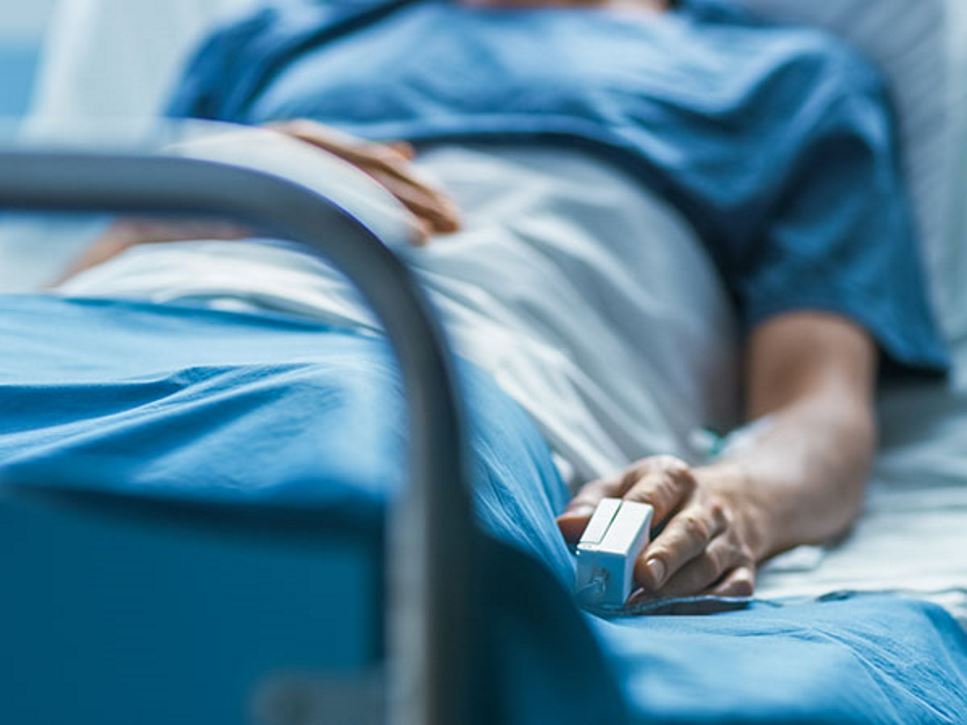The word malnutrition is based in Latin, meaning bad (mal) nourishment (nutrition). Malnutrition may be found in one of two forms: undernutrition or overnutrition.
- Undernutrition may result when an individual isn't able to meet their calorie or protein needs over a period of time. It may also occur if the body can't absorb or use specific nutrients. Individuals who are undernourished often lose weight without trying, because their body is breaking down fat or muscle for fuel.
- Overnutrition is the result of eating more calories than needed. The extra calories are stored as body fat and can lead to obesity. These individuals can become malnourished if they aren't getting the nutrients they need.
Understanding Undernutrition
Being undernourished puts your health at risk, especially if you have other health problems. Undernutrition can make it harder for your body to heal and recover from an illness. Registered dietitian nutritionists, or RDNs, play a role in helping undernourished individuals maintain or regain weight and improve their overall nutritional status.
Screening for Malnutrition
Many clinics and hospitals use a short screening tool to ask about unintentional weight loss, changes in appetite and ability to eat. This tool can be given by a variety of health professionals. Patients who are at risk for malnutrition are then referred to an RDN for further assessment. This assessment may include a Nutrition Focused Physical Exam, also known as an NFPE, to look for physical signs of nutrient deficiencies.
Improve Nutrition
For patients who are malnourished, RDNs can work with them to improve their nutritional status. Undernourished individuals may need more calories, protein or other nutrients. An RDN can help create an eating plan based on their individual health and nutrition needs.
Need for Nutrition Support
If a patient is severely malnourished, the individual may not be able to get the nutrition that is needed from foods normally eaten by mouth. An RDN may recommend nutrition support. Nutrition support provides nutrients through a tube that is placed in the stomach or small intestine, or through a vein in the arm.
Risks of Overnutrition
Overnutrition may also put your health at risk. Individuals with obesity are at a higher risk for Type 2 diabetes, heart attacks, strokes and other chronic conditions. RDNs work with individuals, families and groups on ways to achieve a healthy body weight.
The Nutrition Assessment
During a nutrition assessment, the RDN will ask about typical patterns of eating and physical activity. The RDN may compute body mass index (BMI) based on an individual's current height and weight. And, any medical conditions that might impact weight will likely be discussed.
Create a Tailored Nutrition Care Plan
After the nutrition assessment is complete, the RDN will create a plan that reflects an individual's preferences and unique health needs.
Find a Dietitian
The Academy of Nutrition and Dietetics has a searchable database of nutrition and dietetics experts. Enter your ZIP code to get a list of RDNs in your area.
Find a Nutrition Expert
Looking for credible nutrition information and recommendations? The Academy of Nutrition and Dietetics' network of credentialed food and nutrition practitioners are ready to help!

